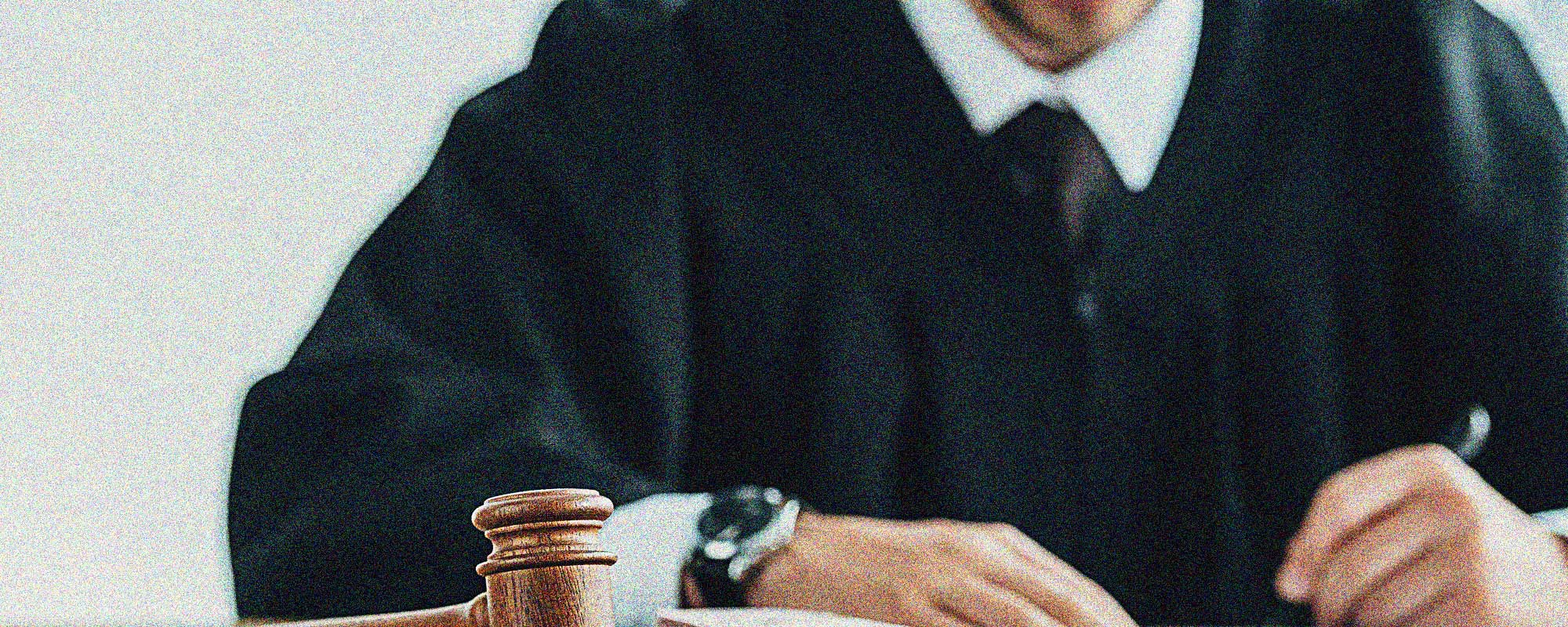Si vous étiez menacé d'un procès en diffamation coûteux, cela vous empêcherait-il de parler des problèmes qui vous tiennent à cœur ?
À l'ACLC, nous pensons que les lois sur la diffamation ne devraient pas décourager les gens de participer aux discussions et débats démocratiques. C'est le message que nous avons porté à la Cour suprême du Canada le 11 octobre 2022, dans le cadre du Hansman contre Neufeld appel. Nous sommes heureux de constater que la décision majoritaire de la Cour reconnaît l'importance de protéger le débat public et la libre expression des idées. La décision interprète et applique la loi sur la diffamation d'une manière qui équilibre de manière appropriée la nécessité de sauvegarder les intérêts de réputation et la nécessité de promouvoir et de protéger la liberté d'expression sur les questions d'intérêt public.
L'appel découle d'un débat en Colombie-Britannique sur SOGI 123, un ensemble de ressources destinées aux enseignants visant à initier les élèves aux questions d'orientation sexuelle et d'identité de genre d'une manière adaptée à leur âge. Barry Neufeld, un conseiller scolaire élu de Chilliwack, a publié un article sur Facebook qui attaque SOGI 123 pour avoir promu ce qu'il considère comme une « idéologie du genre » inappropriée. À son tour, Glen Hansman – alors président de la BC Teachers' Federation – s'est exprimé dans les médias, dénonçant la publication sur Facebook. Il a fait valoir que les propos de Neufeld étaient discriminatoires et favoriseraient un environnement d'apprentissage dangereux pour les élèves 2SLGBTQI+. Sur la base de ces commentaires publics, Neufeld a poursuivi Hansman pour diffamation.
L'appel devant la Cour suprême du Canada tenait compte de la situation de la Colombie-Britannique. Loi sur la protection de la participation publique, qui a introduit en 2019 des modifications au droit de la procédure civile visant à protéger le débat ouvert sur les questions d’intérêt public. La loi vise à éliminer les « poursuites stratégiques contre la participation du public » (appelées-bâillons) – des poursuites qui peuvent avoir peu de fondement, mais qui ont pour effet de mettre fin au débat sur des questions d’importance publique. Malgré la PPPA et des lois similaires en Ontario et au Québec, certains Canadiens se retrouvent entraînés dans des batailles juridiques longues et coûteuses en raison de leur participation aux débats publics. La menace d’un procès en diffamation peut souvent « paralyser » l’expression et décourager les gens de s’exprimer sur des questions importantes. Dans cette affaire, la poursuite intentée par M. Neufeld contre M. Hansman a été initialement rejetée par le BC
Cour suprême, mais cette décision a été infirmée par la Cour d'appel de la Colombie-Britannique. La Cour suprême, par 6 voix contre 1, a rétabli la décision de la Cour suprême de la Colombie-Britannique et rejeté la demande de M. Neufeld.
Dans notre intervention, l'ACLC s'est concentrée sur la défense du « commentaire équitable », une doctrine juridique qui protège notre capacité à exprimer des opinions – qu'il s'agisse de laisser un avis négatif sur Yelp ou de critiquer des politiciens. Les débats publics peuvent parfois être houleux, impolis, voire caustiques. Pourtant, nous croyons que, pour citer la Cour suprême du Canada, « la controverse publique peut être une affaire difficile, et la loi doit répondre à ses exigences ». Même si la décision majoritaire ne modifie pas la défense de commentaire loyal comme nous l’avions proposé, elle reconnaît clairement et explicitement que les allégations de racisme, d’homophobie et d’autres formes de préjugés sont plus à juste titre qualifiées de commentaires et non de faits. Par conséquent, fonder une plainte pour diffamation sur ces seuls types d’allégations aboutira probablement à une défense de commentaires équitables réussie. Dans les circonstances de cette affaire, cela signifiait que la demande du demandeur aurait dû être rejetée. La majorité a estimé qu'il existait un grand intérêt public à protéger la liberté d'expression de M. Hansman, soulignant que son sujet, la forme sous laquelle elle était exprimée et la motivation qui la sous-tendait (lutter contre les expressions discriminatoires et préjudiciables, protéger les jeunes transgenres dans les écoles) ) méritent tous une protection importante.
Comme Hansman contre Neufeld spectacles, protéger la liberté d'expression aussi favorise l'égalité. Il permet aux groupes en quête d'équité et à leurs alliés de soulever des problèmes, partager leurs expériences, critiquer les personnes en position de pouvoir et gagner le soutien du public - sans craindre que la loi ne soit utilisée contre eux. Comme les tribunaux canadiens l'ont reconnu, la liberté d'expression est un pivot qui protège notre capacité de participer à la démocratie, de nous exprimer et de poursuivre la recherche de la vérité.
Un grand merci à nos créatifs et engagés pro bono conseiller en Hansman contre Neufeld, Lillianne Cadieux-Shaw et Alexi Wood.
Lire notre mémoire ICI.
À propos de l’association canadienne sur les libertés civiles
L’ACLC est un organisme indépendant à but non lucratif qui compte des sympathisant.e.s dans tout le pays. Fondé en 1964, c’est un organisme qui œuvre à l’échelle du Canada à la protection des droits et des libertés civiles de toute sa population.
Pour les médias
Pour d'autres commentaires, veuillez nous contacter à media@ccla.org.
Pour les mises à jour en direct
Veuillez continuer à vous référer à cette page et à nos plateformes de médias sociaux. On est dessus Instagram, Facebook, et Twitter.





